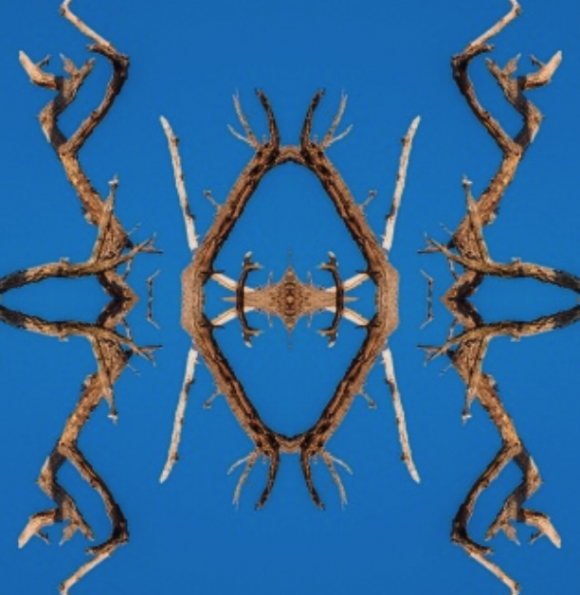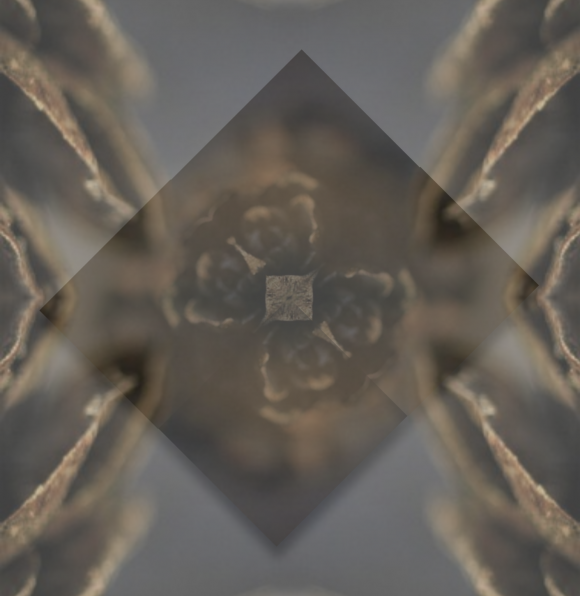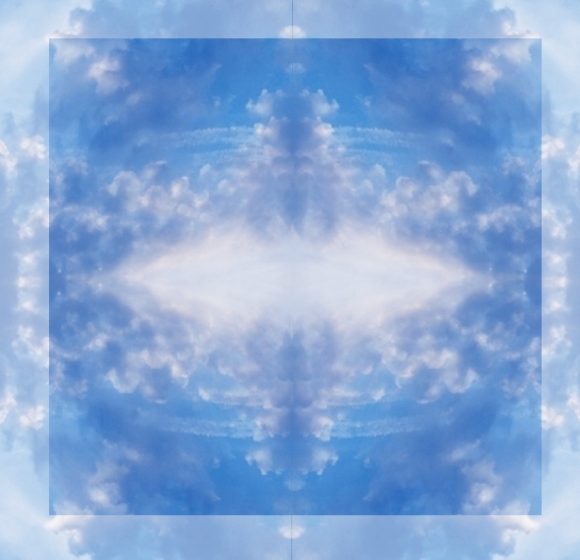Returning from his year-long stay on a Greek island, the protagonist of The Magus makes an intermediate stop in Rome. But he compares his impressions unfavorably with those he had in that other Mediterranean world:
The sun shone as certainly, the people were far more elegant, the architecture and the art much richer, but it was as if the Italians, like their Roman ancestors, wore a great mask of luxury, a cosmetic of the over indulged senses, between the light, the truth, and their real selves. I couldn’t stand the loss of the beautiful nakedness, the humanity of Greece, and so I couldn’t stand the sight of the opulent, animal Romans; as one cannot stand one’s own face in a mirror.
John Fowles, The Magus, 579.
1. It is ironic to some degree that Fowles has chosen the mirror analogy here — and put it in the mouth of his narrator.

For one thing, his narrator and protagonist, Nicholas Urfe, is not exactly given to self-criticism. His behavior is egocentric throughout the book, and his interpretation of what happens to him over the course of his stay on the Greek island is inflexible and self-righteous — which plays right into the cards of the cabal of characters who toy with him in their manipulative “God-game”. It is hard to imagine this protagonist in front of a mirror, engaged in critical self-searching; much less a self-examination that ends in the thought that he may have displayed an untruthful mask to the outside world, and therefore can no longer stand the mirror’s reflection of that mask.
The disgust in the vein of “one cannot stand one’s own face”, which Urfe displays here, thus clearly is a pose. (Not unheard-of, in books.) It is also, strikingly, expressed in phrasing which he himself had denounced as bougeois British affectation a few pages earlier: “It was symptomatic that the ubiquitous person of speech [at his dinner with people from the British Council in Athens] was ‘one’ — it was one’s view, one’s friends, one’s servants, one’s favourite writer, one’s travelling in Greece […]” (570) — just a day later, he exemplifies the pattern himself.
2. That a piece of criticism is hypocritical does not mean, however, that it is without substance.
What Fowles’ protagonist cannot stand is the thick layer of opulence in Rome which, as he perceives it, covers up human reality (“the light, the truth, and their real selves”). Describing this as a mask is not far off the mark; and although the narrator is perhaps not reflective enough to even notice how his pose of criticism is equally just a mask, he certainly has gained, as a result of his trials and tribulations up to this point, a sensitivity to pervasive unrealities which appear as masks: the lavish art (paintings, harpsichord music) at Conchis’ villa, the psychological jargon and pseudo-biographic mind-games, the sexual teasing: all these unlikely things he encounters on a remote and lonely island (and becomes addicted to) turn out to be deceptions, an endless series of masks behind which are further masks, behind which …
Thus Nicholas Urfe, at this point, has become over-sensitive to the unreal character of his surroundings, and landing in a new environment, it is this aspect he immediately perceives. In addition to this — conscious — perception, he has at the same time an — unconscious — awareness of his own tendencies to mask his true inner self. He reacts with disgust and criticism, not just to the former, but also — and perhaps more intensely — to the latter. The mirror imagery is thus — ironically — quite apt.
In Jungian terms, to perceive a trait of one’s own in one’s surroundings is called a projection. Traits in a subject which they hide from themselves, and which they thus remain unconscious about, are part of their Shadow: these are precisely those elements of their personality that the subject hides behind the mask, called the Persona, which they present to the outside world. Jung himself uses a mirror analogy to describe this constellation, and Fowles’ use here fits that view nicely. (Perhaps not accidentally: Fowles reports in his 1976 Foreword that he was deeply interested in Jung’s work at the time of writing The Magus; 6.)



